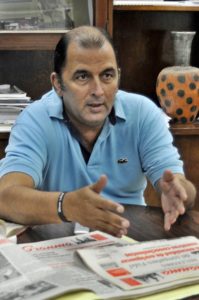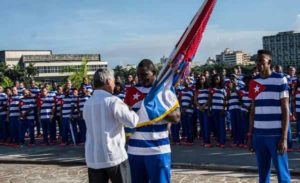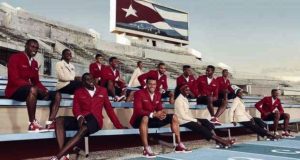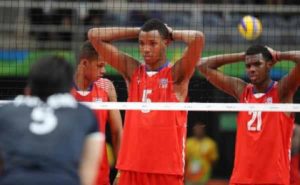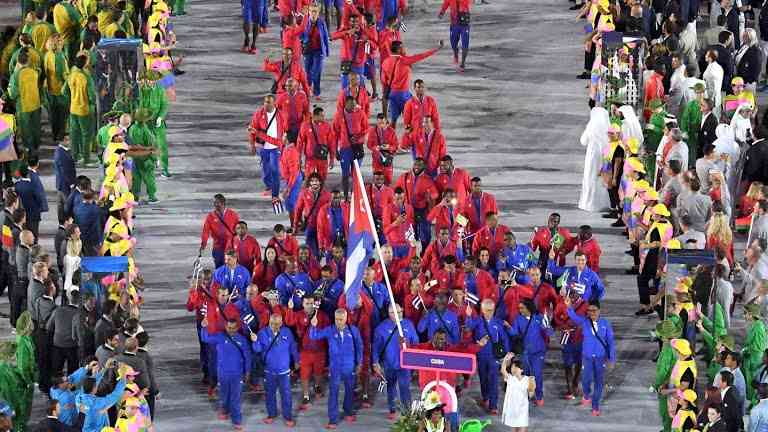
Granma: Cuban athletes in Rio performed below unfounded expectations
The daily newspaper Granma, voice of the Communist Party of Cuba, paid subdued tribute to the Cuban athletes who participated in the just-ended Olympic Games in Rio de Janeiro, saying that, despite their efforts, they performed “below their potential.” Adding to the disappointment, some sports officials “estimated badly or confused their wishes with reality” when predicting the national delegation’s performance two months ago.
In an article Monday (Aug. 21), the newspaper’s deputy editor, Oscar Sánchez Serra, points out that Cuba “participated in 18 sports and secured prizes in four — only 20 percent. One hundred and 24 athletes registered and 11 of them reached the victory stand — less than 10 percent.
“The numbers are cold, they don’t record the efforts and displays of unbounded effort but do measure a performance that, in our opinion, is below [the athletes’] potential and the perspectives they showed,” Sánchez writes.
The Cuban athletes won 11 medals, 3 fewer than at the 2012 London Olympics, and 13 fewer than at the 2008 Beijing Games, the article says, adding that the number of gold medals — five — was greater than in Beijing (2) and same as in London.
In the overall standings, Cuba ranked 18th, compared with 28th in Beijing and 16th in London. The standings in Rio were “a feat,” Sánchez opines, but differed widely from the predictions of “several federation leaders and national commissioners of many sports” who, at meetings in June with the press, issued many assurances of medals “that in Rio de Janeiro never appeared.”
“And [those medals] were not won, not because of the athletes’ efforts but because others estimated badly or confused their wishes with reality. There was none of the realism with which one must assess the scenarios, and when that is absent we’re left ignorant of what we need to tackle the mission.”
“We witnessed the most difficult Games in history, in terms of the struggle for the standings,” the article continues. Sixty or more countries won gold medals and 87 countries won silver and bronze.
Cubans should avoid acquiescence and realize that “we have the potential to go beyond our accomplishments,” Sánchez goes on. “We had talked about ranking our priorities and that means investing our scant resources where they can produce the greatest dividends, identifying our strengths and opportunities early” in the process. “Today, no doubt, they are in the combat sports, i.e., boxing, wrestling, judo and taekwondo.”
“Likewise, we must rigorously evaluate the participation [in Rio] of athletes who we knew would not contribute anything, even if they gave it their all. And we must analyze with maximum rigor the behavior of the track-and-field team, which arrived in Rio with 43 athletes (36 percent of the delegation) and came home as the most inefficient of the entire delegation.”
Sánchez proposed turning to Cuba’s 10,000-plus elementary schools to develop athletes from an early age. “That’s where the children are, the most important [element],” he wrote. The physical education teacher “holds the talent in his hands.”
“Despite their flaws […] those who thrilled us with their triumphs or those with whom we suffered their defeats are human,” Sánchez sums up, and “I believe that the delegation that represented Cuba in Rio has earned the applause of its people.”
To clinch his point, the journalist reminds his readers that Canada, “unbeatable in the Toronto Pan-American Games only one year ago,” ranked 20th in Rio — two places below Cuba. “That alone illustrates the arduous battle we fought,” he writes.

